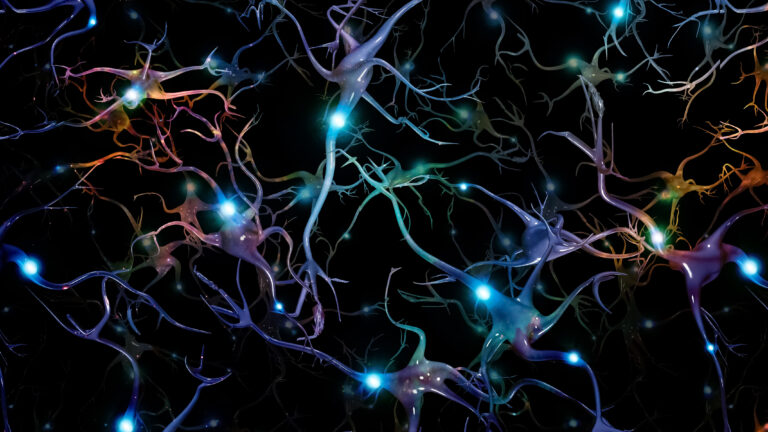Dementia and Alzheimer’s disease are progressive neurological disorders that impact memory, thinking, and behavior. Diagnosing these conditions early is crucial for treatment and care planning. One of the most widely used cognitive assessment tools is the Mini-Mental State Examination (MMSE). This standardized test helps doctors evaluate cognitive impairment and track its progression over time.
What is the MMSE?
The Mini-Mental State Examination (MMSE) is a 30-point test that assesses various cognitive functions, including orientation, memory, attention, language, and visuospatial skills. It is commonly used by healthcare professionals to screen for cognitive decline and to help diagnose dementia and Alzheimer’s disease.
MMSE Scoring Breakdown
The MMSE consists of questions that test different aspects of cognitive function. Each correct answer earns a specific number of points, with a maximum score of 30.
| MMSE Score | Cognitive Status |
|---|---|
| 25 – 30 | Normal cognition |
| 20 – 24 | Mild cognitive impairment |
| 10 – 19 | Moderate dementia |
| 0 – 9 | Severe dementia |
Interpreting MMSE Scores for Dementia and Alzheimer’s
1. Normal Cognition (25-30)
Individuals scoring within this range typically have no significant cognitive impairment. However, people with early-stage Alzheimer’s or mild cognitive decline may still fall within this range.
2. Mild Cognitive Impairment (20-24)
A score in this range suggests mild cognitive issues, which could be an early sign of Alzheimer’s disease or another form of dementia. Additional assessments may be needed to confirm the diagnosis.
3. Moderate Dementia (10-19)
Scores in this range indicate moderate cognitive impairment. People with moderate dementia struggle with memory loss, confusion, and difficulty performing daily activities. At this stage, Alzheimer’s disease is usually diagnosed with a high level of confidence.
4. Severe Dementia (0-9)
A score below 10 suggests severe cognitive decline. Individuals with severe dementia often lose the ability to communicate effectively, recognize familiar people, and perform basic self-care tasks.
MMSE Limitations
While the MMSE is a useful screening tool, it has some limitations:
- It does not diagnose Alzheimer’s disease or dementia on its own.
- It may be influenced by education level, language barriers, or sensory impairments (e.g., vision or hearing problems).
- It is less sensitive to early-stage dementia, requiring additional tests like the Montreal Cognitive Assessment (MoCA) or neuroimaging studies.
Next Steps After an MMSE Test
If an individual scores below 25 on the MMSE, a healthcare provider may recommend:
- Comprehensive neuropsychological testing
- Brain imaging (MRI or CT scans)
- Blood tests to rule out other causes of cognitive impairment
- Lifestyle modifications and medication for symptom management
Conclusion
The MMSE is a valuable tool for assessing cognitive function and detecting dementia and Alzheimer’s disease. However, it should be used alongside other clinical evaluations for an accurate diagnosis. If you or a loved one are experiencing memory problems, consult a healthcare professional for a thorough assessment and personalized care plan.





